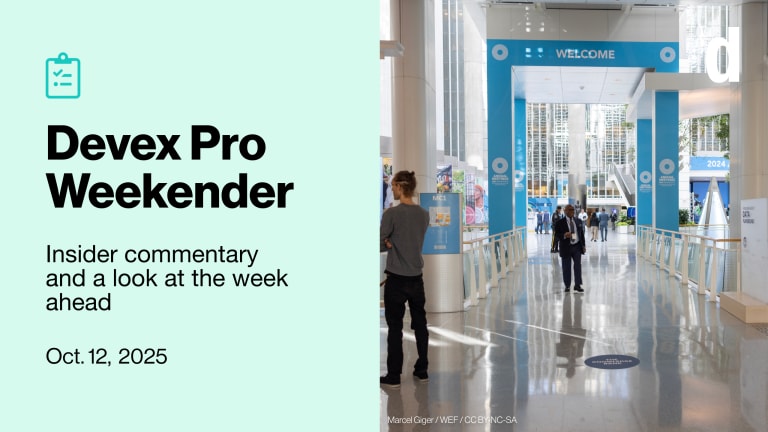As the World Bank clamors through a controversial reform process, senior management and human resources are working to make employee engagement across the institution a priority.
Progress though, doesn’t always come as fast as they’d like — especially as bank leaders work through a series of complex reforms that have affected the organization’s structure and hierarchy. The stated commitment of the world’s largest multilateral donor to employee engagement is clear. Yet the institution still struggles to carry out employee engagement surveys on a regular basis, leaving some staff frustrated and feeling out of touch with bank priorities.
In November of last year, the bank conducted its first institutionwide employee engagement survey in four years. With a participation rate above 70 percent, the 2013 Employee Engagement Survey was revealing. Among its key findings: Although 90 percent of respondents said they were proud to work with the bank, just 42 percent felt they understood the direction in which senior management was leading them; 46 percent felt they could report unethical behavior without fear of reprisal.








